The energy crisis and the challenges in the light of the Ukrainian Crisis were discussed by Ms Alexandra Sdoukou, Secretary General of Energy & Mineral Resources, by Mr Harris Doukas, Associate Professor at the School of Electrical & Computer Engineering (ECE) of the National Technical University of Athens (NTUA) and by Mr George Stamtsis, PhD Engineer at Duisburg-Essen University, at the OT Forum.
The first issue discussed was the country’s energy planning and whether it has been overthrown by the war in Ukraine. Ms Sdoukou stressed that this is something that is happening all over Europe and that all countries are redefining their policies.
He noted that the Greek government is moving on three levels. First of all, at the level of consumers and the charges they incur. “Every month we cover part of the increase in costs,” said Ms Sdoukou, emphasizing, at the same time, that money will deplete at some time and for this reason “the government of Mitsotakis proposed for a ceiling.”
The second level is that of the European Union and all the developments that take place at a European level, first in the short term. “In May we will learn everything that is going to change,” said Ms. Sdoukou.
The third level concerns the acceleration of policies related to the general energy/environmental policy of the country, for the “green agreement”, the development of Renewable Energy Sources but also the energy interconnections, domestic and international, stressed Ms Sdoukou.
Asked whether the country’s energy transition is progressing slowly, the Secretary General of Energy & Mineral Resources noted that the country will achieve all the energy goals that have been set, while reminding that there are clear goals and strategies.
The next issue on the panel was the investment in offshore wind farms. Ms Sdoukou revealed that this issue is already in the government’s planning secretariat, will soon enter into consultation and will soon be discussed at the Parliament. At the same time, he stressed that there should be a simplification of licensing for the installation of Renewable Energy Sources and that it is necessary to find a way to come up against the bureaucratic barriers.
In addition, referring to the energy sector, Ms Sdoukou made special reference to the issue of energy storage in relation to Renewable Energy Sources, revealing that the European Commission has already given the green light.
Independence from the Russian gas
Mr Doukas, for his part, stressed that there should be a plan so as Greece to become an independent country in the supply of natural gas, in general, and mainly to achieve its independence from Russian gas. He even noted that prices have been rising since summer, with prices surging even more due to the war in Ukraine. Therefore, we must get rid of natural gas as a whole, stressed Mr Doukas.
Regarding the fact that natural gas has been characterized as a transition fuel and, when asked how Greece is going to achieve its independence from the Russian gas, Mr Doukas said that “we have to accelerate this transition”, while emphasizing the importance of networks so as to achieve this target. As for the natural gas reserves, the associate professor of NTUA expressed the view that now “It does not make sense to search and exploit new reserves. We should use the existing ones.”
Concerning the independence from natural gas, Mr Stamtsis said that, in the short term, we are on the right track to achieve a 30% to 50% independence, at European level, during the next period. However, he stressed that, in the long run, it is a more complex, political problem.
Taxation of excess profits
When asked whether the taxation of energy companies’ excess profits could replace subsidies and whether that would be enough, Ms Sdoukou said “the government will do what it can”, while referring to the Greek Prime Minister’s announcements, who had just clarified that the excess profits will be taxed. He stressed that the Regulatory Authority for Energy is examining the relevant data and that, at the same time, the results of the financial years should be examined.
Europe’s North and South Divide
When asked if there is a political divide within the European Union, between the South and the North, on the issue of regulating the gas market, Mr Stamtsis reminded that the countries disagree mainly on the price ceiling that it will be imposed. He also added that the societies demand that governments impose a price ceilings, but the latter react on this issue, as they fear the possibility of LNG supply problems.
He also noted that every country has different rules and that there is a high possibility of setting price limits and not a ceiling.
Reexamination of climate law
Referring to the climate law, Mr Doukas said that this law had appeared long before the last developments in Ukraine, so “we need to examine everything again and set new goals”. He described the high gas prices as “outrageous” and said that 200 billion euros, at a european level, are enough. Finally, he also proposed the introduction of a ceiling on retail prices, with the standardization in consumer tariffs.
Greek gas reserves
When asked if as a country we have reserves that are going to be announced, Ms Sdoukou first expressed her personal opinion that we should already know if we really have reserves.
Ms Sdoukou also said taht we are waiting for the announcements of the prime minister next week, while she added that “the seismic surveys will be intensified “at least to see what reserves we have”.
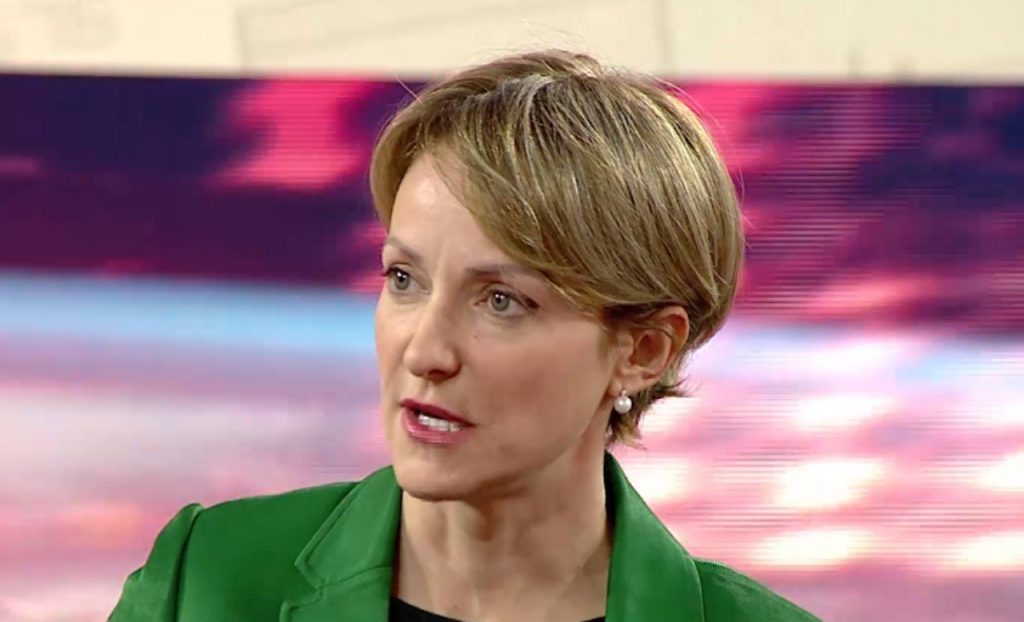

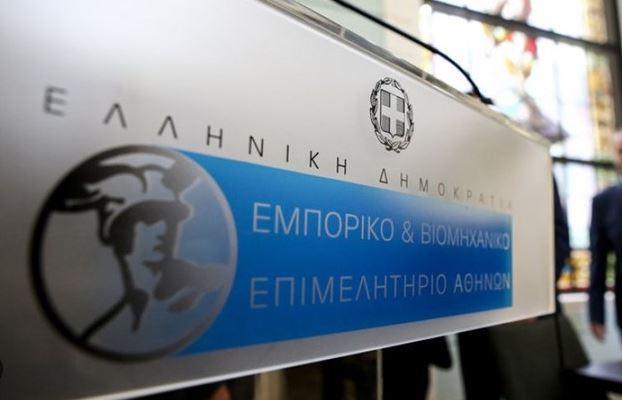
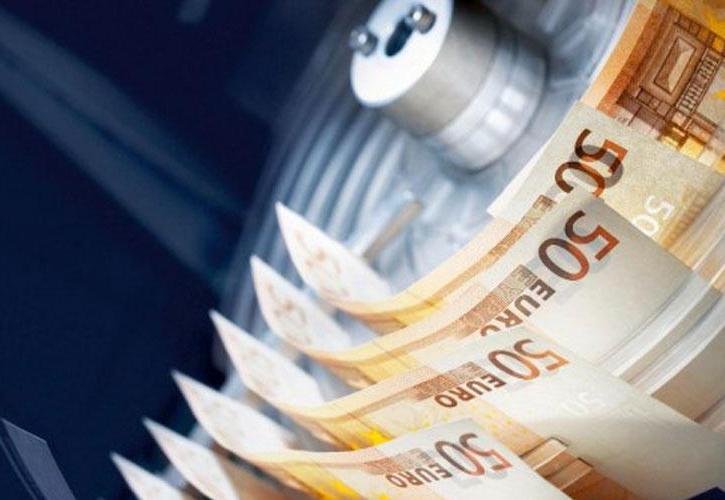


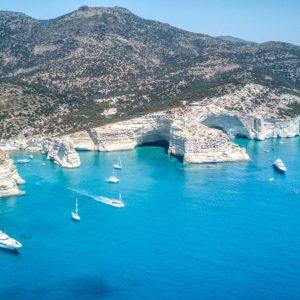





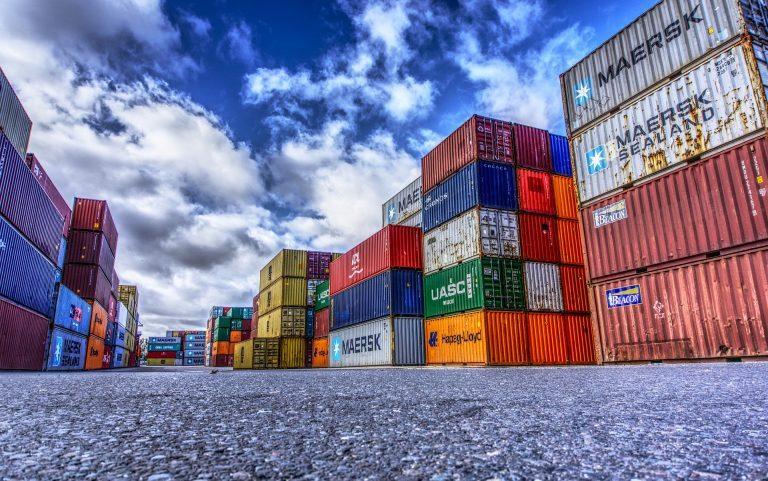






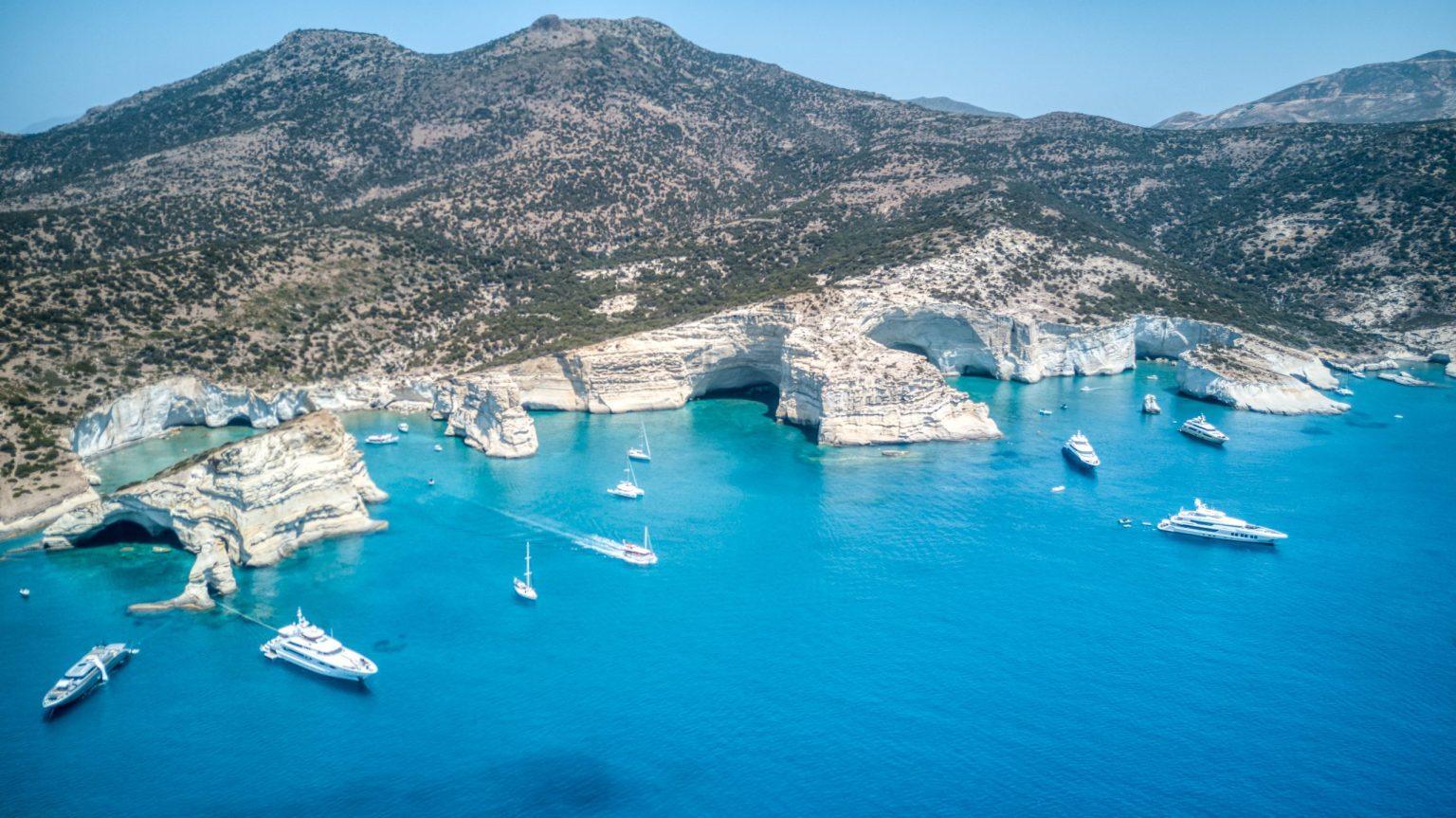
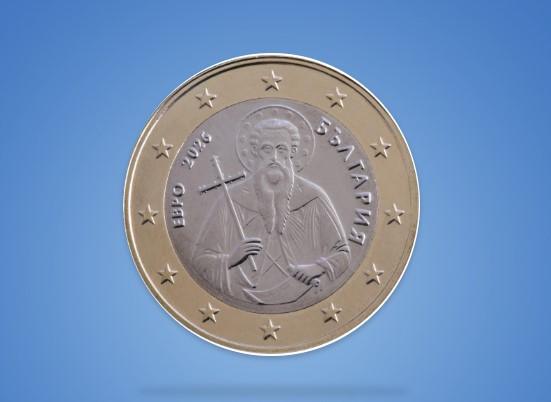














![Καταστήματα: Έκρηξη ενοικίων – Οι περιοχές [πίνακες]](https://www.ot.gr/wp-content/uploads/2025/12/retail.png)



